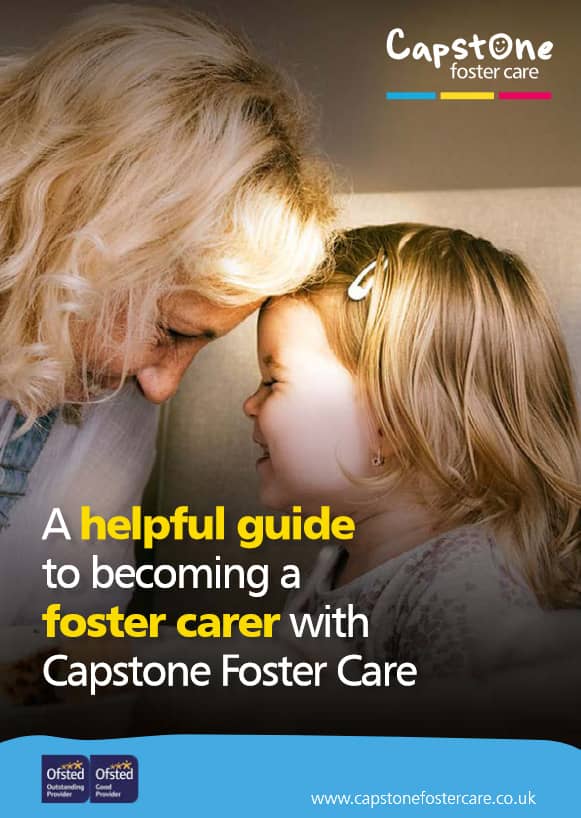


1st September, 2017
It only seems like two minutes ago I was blogging about the impending dread of having to entertain the kids for the six weeks schools holidays, yet here we are, anticipating the start of the new school year in the next few days…
Are your kids ready for school? Are you ready for them to go back?
The answers to those questions may be ‘No’ and ‘Hell yes’ in that order, but do allow yourself the opportunity to think a little bit more deeply about what has been asked.
As a Foster Carer, there are some things that may be helpful for you to bear in mind as your child makes the transition to a new year-group, new class or even a new school at this time. Here are my five top tips for making sure that the start of the new school year begins as smoothly as possible at what can be a daunting time for even the most settled of children and young people:
I hope that these pieces of advice help a little, or at least sound fair. Personally, I wouldn’t go back to school if you paid me, and I came from what society would deem as a ‘normal and settled’ background and family. The start of school can be such a worrying time all round, so do what you can to allay your child’s fears, and whatever you do, make sure that they don’t see that you too are worried.
If you’ve got any questions or would like to find out more about fostering with Capstone, fill out the form below.
An experienced fostering advisor from your local area will then be in touch.
By signing up, you will receive our latest fostering stories every two months.

Start the conversation today. Our team of friendly advisors are on hand to answer any foster care questions you may have. We can offer you honest and practical advice that can help you decide if becoming a foster carer is the right path for you.


